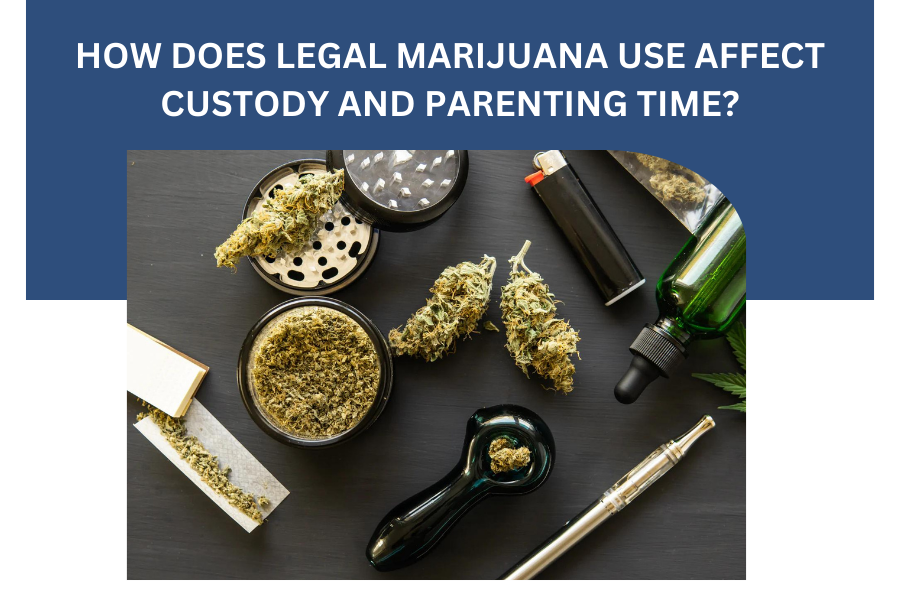In Michigan, custody and parenting time disputes hinge on various factors outlined in the state’s statutory best interest criteria. These factors encompass a parent’s ability to offer guidance, provide adequate care, and demonstrate moral fitness. Additionally, there’s a catch-all provision allowing courts to weigh any other pertinent considerations. Consequently, many divorced or separated parents wonder about the impact of marijuana use on such cases.
Given marijuana’s legal status in Michigan, courts typically don’t view its use as a significant issue in custody disputes. State law dictates that legal marijuana consumption is relevant only if it poses an unreasonable risk to the child. Remarkably, the legislative acts legalizing medical and adult-use marijuana explicitly address how such usage should factor into custody matters.
Under the Michigan Medical Marihuana Act (MMMA), compliance with the law protects individuals from being denied custody or visitation rights:

“A person shall not be denied custody or visitation of a minor for acting in accordance with this act, unless the person’s behavior is such that it creates an unreasonable danger to the minor that can be clearly articulated and substantiated.”
Related Article: What Happen When Cannabis is Injected into Cancer Cells?
Likewise, the Michigan Regulation and Taxation of Marihuana Act (MRTMA), which legalized adult-use marijuana, mirrors this provision regarding custody and visitation:
“A person shall not be denied custody of or visitation with a minor for conduct that is permitted by this act, unless the person’s behavior is such that it creates an unreasonable danger to the minor that can be clearly articulated and substantiated.”
While legal marijuana use cannot automatically disqualify a parent from custody or visitation, both acts allow for exceptions if the usage presents an unreasonable risk to the child. Consequently, courts may consider legal marijuana use within the broader context of the best interest factors, akin to how they might assess the impacts of alcohol or prescription drug use.
Actions such as consuming marijuana while caring for the child, driving under its influence, or failing to securely store it away from the child remain risky behaviors subject to scrutiny under both the MMMA and MRTMA.
Marijuana use can affect parenting by impairing judgment, decreasing alertness, hindering emotional regulation, modeling behavior, compromising safety, leading to legal and social consequences, impacting finances, raising health concerns, and reducing parental availability.
A mother can lose custody of her child in Arizona if she is deemed unfit due to factors such as neglect, abuse, substance abuse, domestic violence, mental illness, or inability to provide a safe and stable environment for the child.
In many places, including some states and countries, it is not explicitly illegal to smoke around a child, but it can be considered harmful to their health and well-being.


